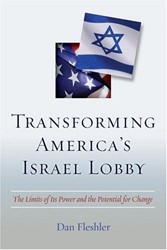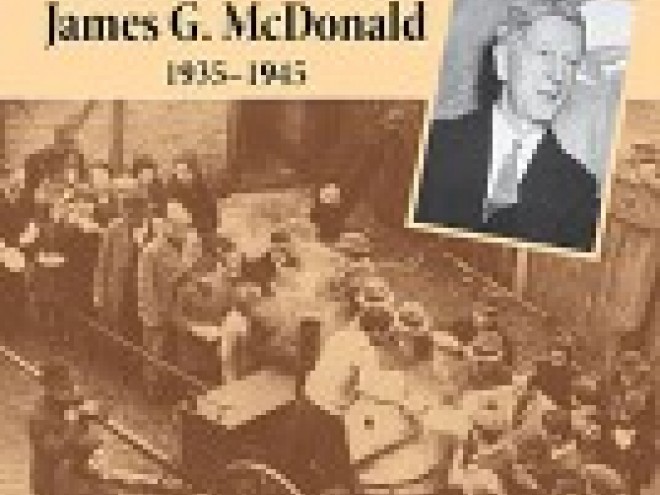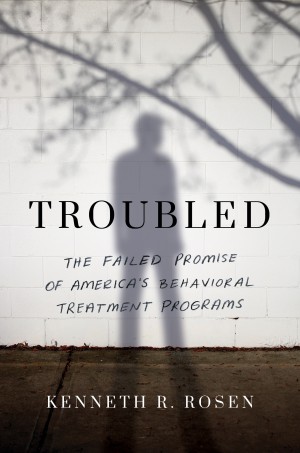This is a colossal undertaking, both in scope and intellectual weight. No scholar is likely to sift through the primary and secondary materials that bear upon the relationship between leftist ideology and the Jewish people with the thoroughness, patience, and boldness that Professor Wistrich has displayed. Though I’m not sure that he makes the strongest case for ambivalence about the Jews at the dawn of European socialist thought, he certainly demolishes any lingering notion that socialism and socialist democracies have been especially hospitable political environments for European, Palestinian, and world Jewry .
Engaging with virtually every important leftist thinker from the mid-nineteenth century on (Engels, Hess, Lazare, Lenin, Trotsky and many more), Professor Wistrich examines in detail the interplay of Jewish particularity and assimilation, the revolving question of which is the cause and which is the consequence of antisemitism [Wistrich’s preferred spelling]. Likewise, he reminds us that for many socialist thinkers, antisemitism was a time-bound phenomenon growing out of the connection, for better and for worse, between capitalism and Jewish identity.
The remarkable success of Jews during the capital formation processes of the Industrial Revolution led to the antipathy of majority populations. The demise of capitalism – meaning the ascendency of socialism and Communism – would alter the situation of Jews for the better and bring the fading of antisemitism.
Such was one line of thought. Of course, this change did not come to pass, and Professor Wistrich explains why with great clarity, authority, and intellectual rigor. Jews as committed socialists in socialist nations were still dirty Jews.
The discussion leads, inevitably, to the question of Jewish nationhood, the Zionist enterprise, and the semantic playground upon which the distinction (or lack of one) between antisemitism and anti-Zionism is contested. As with every other issue in his purview, the author is disciplined and persuasive.
Essentially, Robert S. Wistrich takes on the myths and legends of antisemitism and anti-Zionism and exposes their hollow, degenerate core. This is not a book for casual reading, with its overwhelming abundance of evidence and argumentation. And yet it is a book that must be read. Archival sources, chapter notes, index, selected bibliography.
Philip K. Jason is professor emeritus of English at the United States Naval Academy. A former editor of Poet Lore, he is the author or editor of twenty books, including Acts and Shadows: The Vietnam War in American Literary Culture and Don’t Wave Goodbye: The Children’s Flight from Nazi Persecution to American Freedom.




